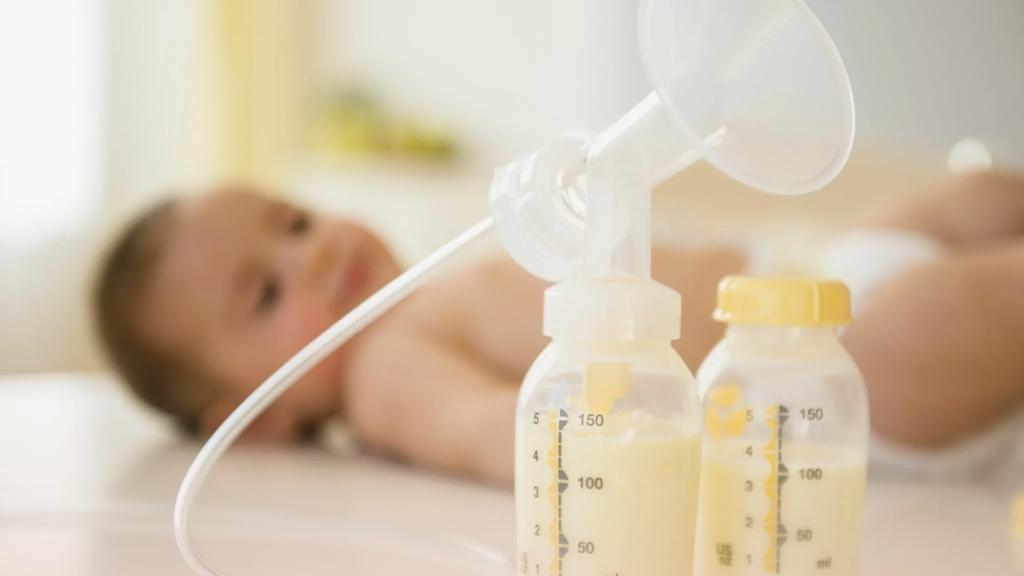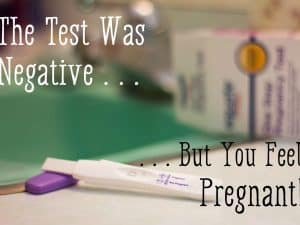
Table of Contents
Breastmilk provides babies with irreplaceable sustenance as they grow from newborns to people. But when it comes to thinking of breastmilk as food, a question arises: what is the amount of calories in breastmilk?
Since breastmilk doesn’t come with a nutrition fact label, it does bug you for a while unless you found us! In this blog, we have curated the answers to questions like what makes up breastmilk as a whole, how many calories are there in breastmilk, their nutritional importance, etc.
How Many Calories Are There in Breastmilk?
Let’s address the elephant in the room: what is the amount of calories in breastmilk?
One cup of breastmilk contains 171 calories on average. However, this is where the straightforwardness ends because, unlike commercial food items, breastmilk cannot be uniform in its contents throughout each woman. One woman’s breastmilk can drastically change within a few hours.
What are the reasons behind these extreme changes?
Everything from the woman’s emotional stress to her activity level affects the number of calories in her breastmilk. And that’s only the beginning.
Basic Nutrition Facts of Breastmilk
Calories do tell us about the basic nutritional values and elements of breastmilk. Without these calories, babies won’t have the energy to grow from a newborn to a toddler. Once you get past the answer to how many calories are in breastmilk, there’s much more to breastmilk.
Calories might be one of the least important nutritional elements when it comes to the magical properties of breastmilk. Here are some of them:
1. Count Your Macros
With healthy eating, you will be familiar with some of the concepts of macronutrients. Macros or macronutrients are essentially the basic building blocks of food and energy as a whole. There are 3 kinds of macros:
- Proteins (0.8% to 0.9% in breastmilk)
- Fats (3% to 5% in breastmilk)
- Carbohydrates (6.9% to 7.9% in breastmilk)
Each of these macronutrients plays an important role in the human body (old and young). They have certain generalized functions in the human body.
Carb Loading
The nutritional elements responsible for easily accessible energy are carbs. They are also the main source of calories in most food items. Just like all kinds of milk, the most common carbohydrate in breastmilk is lactose. It does not cause digestive issues for babies, unlike many adults.
As babies, human bodies are equipped perfectly to process lactose and initiate its breakdown without any problems. Lactose has a crucial role to play in the gut health of breastfeeding babies. Lactose can fight the growth of dangerous bacteria in the gut all the while helping in the absorption of key minerals and vitamins.
Without lactose, the answer to “how many calories are in breastmilk?” doesn’t matter much.
Building Blocks
Proteins are the core building blocks of the human body. With insufficient proteins, our bodies will be incapable of maintaining a healthy brain, balancing hormones, and building muscle. In human breastmilk, there are two main types of proteins called casein and whey. These proteins are also present in other types of milk. However, in breastmilk, they come in a unique ratio that makes it easy to digest for babies.
Baby formula has no traces of a balanced protein content, which is why it is arguably an insufficient source of food for your baby. Human milk contains 80% of whey protein whereas baby formulas rely more on casein. A higher ratio of casein will make it harder for your baby to digest the food. So, when you are asking, “How many calories are in breastmilk?”, you should also be asking, “What are the different types of protein present in breastmilk?”
Here are some incredible powers proteins possess:
- It might help in the prevention of allergies in later life.
- It will protect you against infectious bacteria like Salmonella and E. Coli.
- It will improve the absorption of iron.
- It will prevent the harmful growth of gut bacteria.
Healthy Fats
Fat is often considered a negative term but there are good fats and bad fats. We do have a complicated relationship with fat but guess what, they are one of the crucial nutritional elements for our bodies. Without them, we as young children will not be able to absorb nutrients and vitamins from our mother’s milk. One of the most important functions of fat in breastmilk is the promotion of healthy development of the brain in breastfeeding babies.
2. Other Nitty-gritty Details
Speaking of minerals and vitamins, the nutrition found in breastmilk is way more than just fats, proteins, carbohydrates, and calories. After all, human milk is the one responsible for tending to your baby’s nutritional needs until their weaning.
That being said, do remember that these minerals and proteins are not magically produced in the mother’s body. So, you need to consider increasing your intake of nutrients or even introducing supplements directly to your baby, under medical supervision. This includes:
Iodine
Iodine is an important nutritional component that regulates the production of hormones. It is also the key nutrient passed from the mother to the infant via breastmilk. It is super easy for mothers to increase the iodine content in their bodies and their breastmilk by taking supplements. They could also boost iodine in their body by consuming foods that contain iodine.
Iron
Mothers with sufficient iron in their diets will need to add extra iron to their babies’ diets. Baby formulas, on the other hand, contain additional iron. So feeding both formula and breastmilk will help your child in lessening their need for additional iron. But, they will still be unlikely to get enough iron even from a combination diet of formula and breastmilk.
Vitamins
There are countless vitamins in the human body but the most important ones are vitamins D and B12. Most people lack vitamin B12 in their diets which is why it is crucial for nursing mothers to keep a track of their diets and introduce this vitamin to them. Severe cases of vitamin B12 deficiency n babies are extremely rare but they result in side effects like hair and skin conditions, developmental delay, and anaemia. If you are a mother who avoids animal products, you are at a higher risk of B12 deficiency. You could boost your intake of B12-rich foods along with B12 supplements.
Vitamin D plays an important role in the development of bones which is why babies are at a higher risk of developing vitamin D deficiency. Even if you intake vitamin D-rich food as a nursing mother, you will be encouraged to administer vitamin D supplement drops directly to your child.
But of course, consult your doctor before introducing new supplements to your diet or any other major changes when you are breastfeeding.
The Bottom Line: Calories in Breastmilk
At the end of the day, you know how many calories are in breastmilk but what is the overall nutritional intake of your child? Keep a track of all the other minerals and vitamins that your baby requires instead of focusing on their calorie intake. What matters is you deeply understand as well as appreciate what your breastmilk has to offer.





